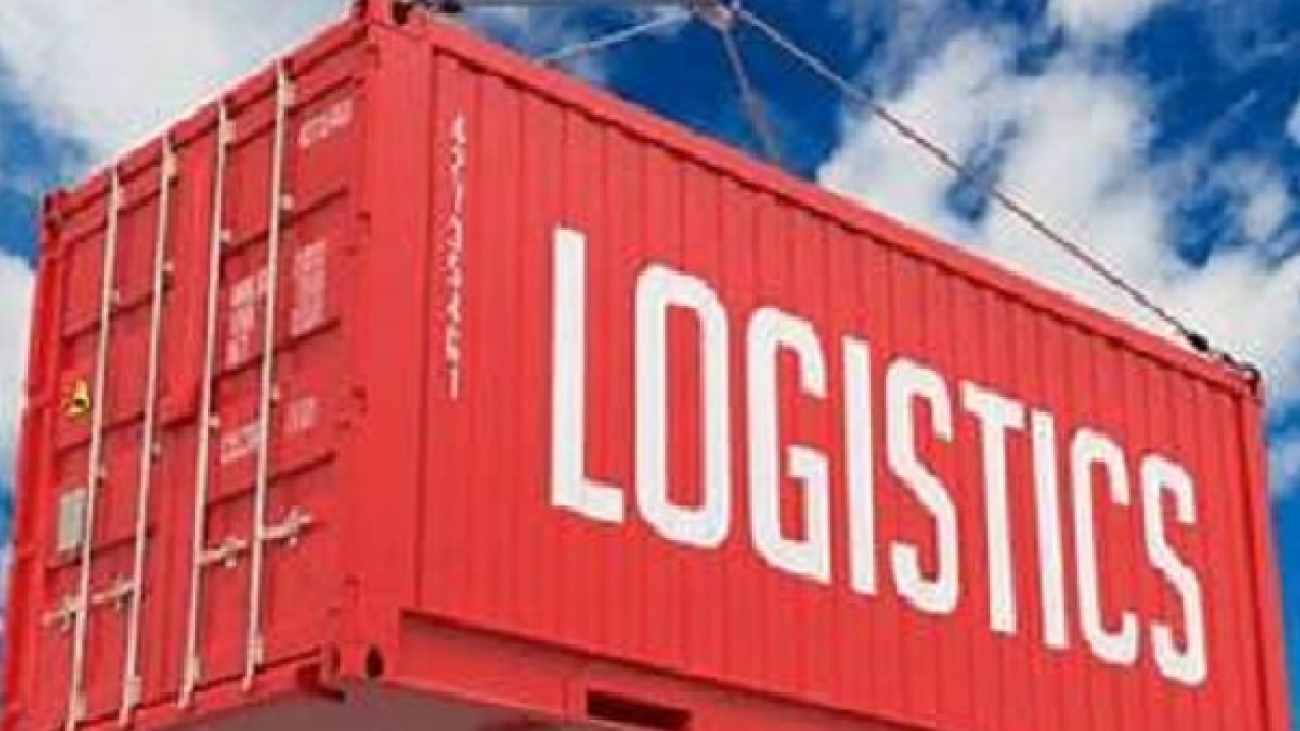Delivery services play a crucial role in Pakistan’s economy, ensuring the timely and efficient movement of goods across the country. Logistics, as an integral part of the delivery process, encompasses various activities, including transportation, warehousing, inventory management, and order processing.
This article explores the role of logistics in delivery services in Pakistan, highlighting its significance and challenges faced by the industry.
Overview of Delivery Services in Pakistan
Delivery services in Pakistan have witnessed significant growth in recent years, fueled by the rise of e-commerce platforms and the increasing consumer demand for convenience. These services cater to a wide range of industries, including retail, food, healthcare, and e-commerce.
The delivery process involves the movement of products from warehouses or distribution centers to customers’ doorsteps, either through third-party logistics providers (3PLs) or in-house delivery networks.
The Significance of Logistics in Delivery Services
Logistics is the backbone of delivery services in Pakistan, serving as the bridge between suppliers, businesses, and consumers. It ensures the smooth flow of goods and information from the point of origin to the point of consumption. The role of logistics in delivery services can be categorized into several key areas:
-
Transportation:
Logistics is responsible for selecting the most efficient and cost-effective modes of transportation, such as road, rail, air, or sea, based on the nature of the goods and distance to be covered. In Pakistan, road transportation is the dominant mode due to its extensive road network.
-
Warehousing:
Logistics involves the storage and management of goods in warehouses or distribution centers strategically located across the country. These facilities enable efficient order fulfillment by reducing lead times and ensuring product availability.
-
Inventory Management:
Logistics plays a crucial role in inventory management, ensuring optimal stock levels to meet customer demand without causing stockouts or excess inventory. Inventory control systems and advanced technologies, such as barcode scanning and RFID tracking, aid in streamlining the process.
-
Order Processing:
Logistics facilitates the smooth processing of customer orders, from receiving and validating orders to picking, packing, and labeling them for delivery. Efficient order processing directly impacts delivery speed and customer satisfaction.
Challenges Faced by Logistics in Delivery Services
While logistics is essential for successful delivery services, it faces several challenges in Pakistan:
-
Infrastructure:
Pakistan’s logistics industry faces challenges related to inadequate infrastructure, including poor road conditions, limited warehousing facilities, and outdated transportation systems. These infrastructure gaps result in delays, increased costs, and inefficiencies in the delivery process.
-
Traffic Congestion:
Major cities in Pakistan, such as Karachi, Lahore, and Islamabad, experience severe traffic congestion, leading to delays in product deliveries. The lack of proper traffic management systems and infrastructure exacerbates this problem.
-
Security Concerns:
Logistics in Pakistan faces security threats, including theft, pilferage, and hijacking of goods during transportation. Addressing these security concerns requires implementing robust security measures, such as real-time tracking systems and secure routes.
-
Regulatory Hurdles:
The logistics industry in Pakistan faces regulatory barriers, including complex customs procedures, bureaucratic red tape, and varying tax regulations across different provinces. Simplifying these procedures and creating a conducive business environment can enhance logistics efficiency.
-
Skill Gap:
The logistics sector in Pakistan faces a shortage of skilled professionals, leading to inefficiencies in supply chain management. Providing training and educational programs focused on logistics can bridge this skill gap.
Future Trends and Opportunities
Despite the challenges, the logistics industry in Pakistan holds immense potential for growth and improvement. Several trends and opportunities can revolutionize delivery services and logistics:
-
Technological Advancements:
The adoption of advanced technologies, such as GPS tracking, automated inventory systems, and route optimization software, can enhance logistics efficiency, reduce costs, and enhance customer experience.
-
E-commerce Boom:
The rapid growth of e-commerce in Pakistan presents significant opportunities for the logistics industry. E-commerce platforms and delivery service providers can collaborate to streamline the delivery process and meet the changing demands of online shoppers.
-
Last-Mile Delivery Innovations:
Customer satisfaction depends on last-mile delivery, which is the last part of the delivery process. Embracing innovative solutions like drones, delivery robots, and lockers can improve last-mile delivery efficiency and reduce costs.
-
Outsourcing Logistics:
Many businesses are outsourcing their logistics operations to 3PL providers, allowing them to focus on core competencies while leveraging the expertise and infrastructure of logistics specialists. This trend promotes efficiency and allows businesses to scale their operations.
Conclusion:
Logistics plays a critical role in delivery services in Pakistan. It encompasses various activities, including transportation, warehousing, inventory management, and order processing. Logistics ensures the smooth movement of goods from suppliers to consumers, contributing to the growth of industries such as e-commerce and retail. Embracing technological advancements and leveraging opportunities presented by e-commerce and last-mile delivery innovations can revolutionize the delivery services industry and drive economic growth in Pakistan.

